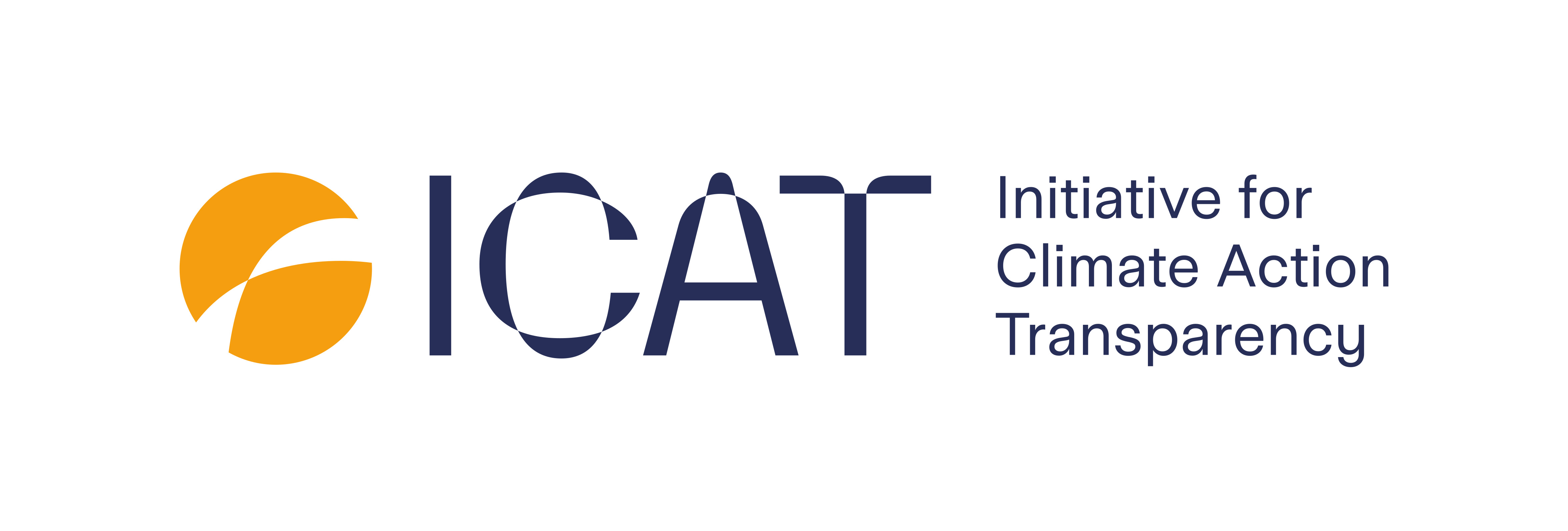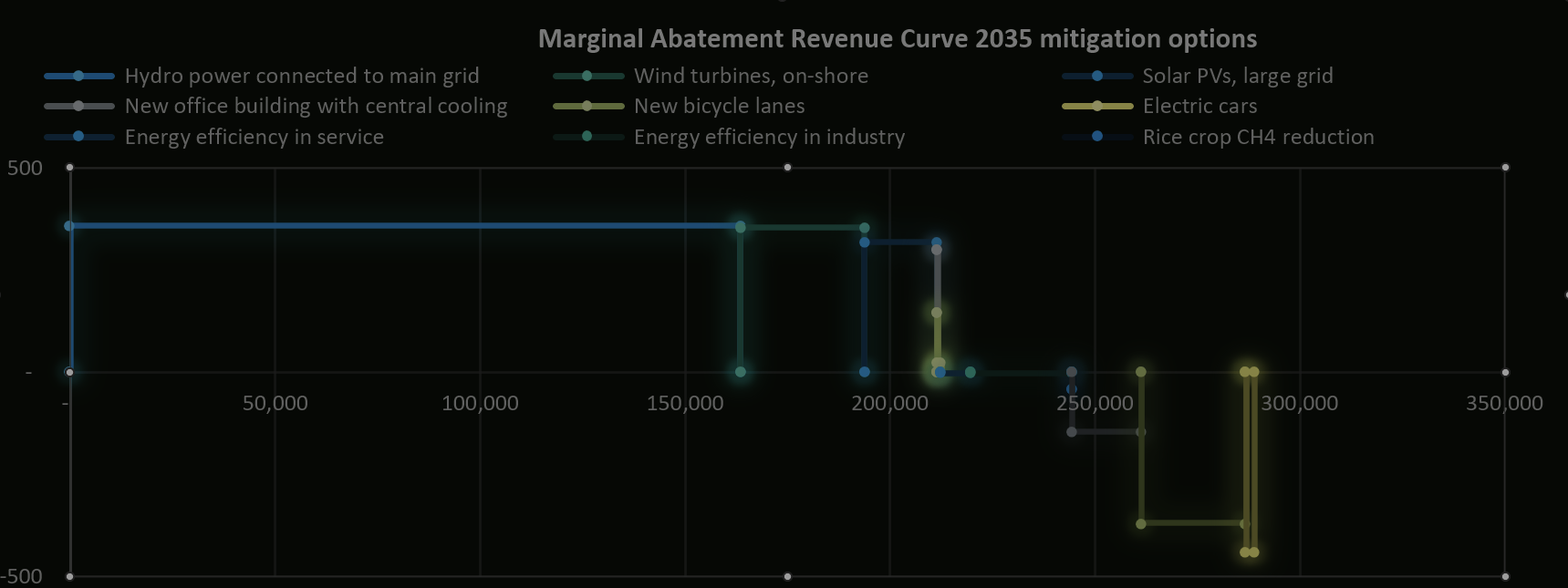In the spring of 2024, the UNEP Copenhagen Climate Centre continued work to enhance climate action transparency by collaborating with nine countries through the Initiative for Climate Action Transparency (ICAT). This initiative works with countries around the globe to increase capacities to assess, monitor, and report the impacts of their climate actions, thereby fostering international trust and cooperation in global climate efforts.
Strong institutional transparency systems
Mexico, Ecuador, Togo, Namibia, Samoa, and Tonga, are starting their first phase of ICAT implementation, while Zimbabwe and Panama are entering their second phase, and Costa Rica advances to its third phase, building on the SINAMECC system developed with assistance from UNEP Copenhagen Climate Centre. Each country focuses on different topics orientated with climate transparency, according to their own requirements, including strengthening institutional arrangements for data collection and analysis, enhancing data management systems, and building capacity for greenhouse gas (GHG) modelling, with some of them using the GACMO tool.
Transparency work based on country needs
In Mexico and Ecuador, the projects emphasize establishing robust institutional frameworks. Ecuador, in particular, is examining Article 6 of the Paris Agreement, while the project of Mexico considers the monitoring of the NDC at subnational level . Togo and Namibia are focusing on institutional arrangements and integrating the GACMO model for effective GHG management. Samoa and Tonga are also in their first phase, working on similar foundational activities.
Zimbabwe and Panama, now in their second phase, are building on previous work, with Panama specifically addressing adaptation and loss and damage. Costa Rica, in its third phase, continues to refine its SINAMECC system, enhancing transparency and data management capabilities.
Meeting climate goals effectively
Most countries involved in the initiative are addressing economy-wide analysis, with, in some cases, specific focuses on sectors like energy and AFOLU (Agriculture, Forestry, and Other Land Use). While the primary emphasis remains on mitigation efforts, Panama is concentrating on adaptation strategies and addressing loss and damage.
The overarching goal of these efforts is to build and maintain comprehensive systems for tracking and reporting GHG emissions from climate actions. This includes capacity building for GHG inventory development, policy impact analysis using GACMO, and ensuring that data management systems like SINAMECC are robust and effective.
UNEP Copenhagen Climate Centre works closely with local experts in providing technical support and guidance, helping countries develop methodologies and tools to enhance their transparency frameworks. By improving these systems, countries can accurately track their climate commitments and work towards meeting their climate goals more effectively.
The ICAT work in these nine countries is set to continue until the second half of 2025, ensuring sustained support and capacity building for transparent and effective climate action.



